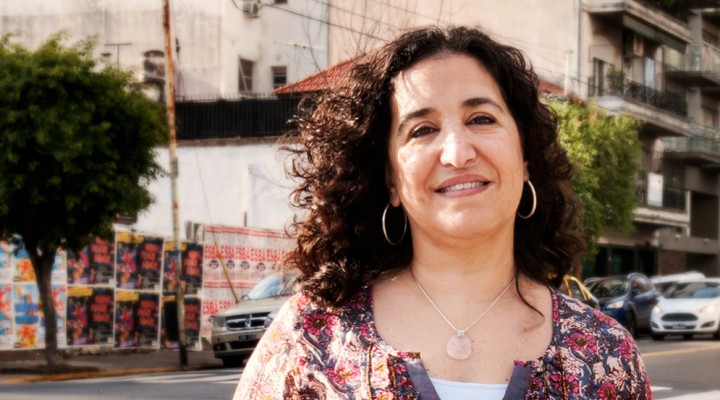SOCIAL SCIENCES AND THE HUMANITIES
Exploring studies on repression
The “Political Repression and Violence Studies Network” connects research that refines the analysis of repressive methods in force in the last dictatorship and in the years after the coup.
The “Political Repression and Violence Studies Network” [Red de Estudios sobre Represión y Violencia Política (RER)] comprises a group of researchers- several of them belong to CONICET- who work on different disciplines of the humanities and social sciences. They study diverse aspects of the shapes of the political repression and violence in Argentina during the previous stage of the military coup and during the years the dictatorship went on.
“We aim to have a space for discussion and dissemination for lines of interpretation that refine certain general looks on the theme and question images firmly established in the repressive action”, Gabriela Águila, CONICET independent researcher at the Regional Social-Historical Research (ISHIR, CONICET-UNR-UNCO-UNJU) and co-coordinator at the RER. She works with Santiago Garaño, CONICET assistant researcher at the Institute of Anthropological Sciences of the Faculty of Philosphy and Letters of the University of Buenos Aires, and Pablo Scatizza of the Faculty of Humanities of the National University of Comahue (UNCo in Spanish).
The initiative emerged in Rosario, in April 2014 during a workshop in Rosario organized by Águila, Garaño and Scatizza. At that moment, the number of researchers was 14 and today it is about 50. During its two years of existence the network has organized two workshops (April 2015 and 2016) and recently edited a book with studies on that theme.
“The perspectives that were crystallized and are now questioned are linked, for instance, to one periodization of the repressive stage that places its beginning in the coup d’état of March 24th 1976 and ignores the continuities regarding the previous years; or with a generalization of the facts that took place in the metropolitan area, covering all the country but without considering local or regional differences of state or semiofficial violence.
Something similar would happen to the emphasis put on the clandestine dimension of the repression that leads people to ignore the oppressive legislative instrument that was enacted”, the researcher explains.
In the case of Argentina, the reconstruction of the violent actions during the last dictatorship was first linked to research and denunciations of human rights organizations. It could also be added the report “Nunca Más” [Never Again] produced by the “National Commission on Enforced Disappearance of Persons” (CONADEP in Spanish), all the legal proceedings when democracy came back and the declarations and victims’ memoirs.
“In Argentina, the story of the repression is linked to the truth and justice claim. Studies on repression cannot ignore the work carried out by human rights organizations, justice or CONADEP, not only on the valuable information obtained but also on the ways of conceptualizing what happened, the notion of ‘State terrorism’ or the one of the ‘systematic repression plan’, for instance”, Aguila affirms.
However, this has not work until recently in the development of an academic line of research about the exercise of repression, its methods, tools and scope in different areas and scales.
“The RER aimed at connecting a series of initiatives that were being carried out in parallel but in an isolated and individual way in different universities and research centres along the country, which had incorporated new questions and perspectives to what has been studied and reflected upon by human rights organizations without recognizing it as a fundamental starting point”, Águila concludes.
By Miguel Faigón
